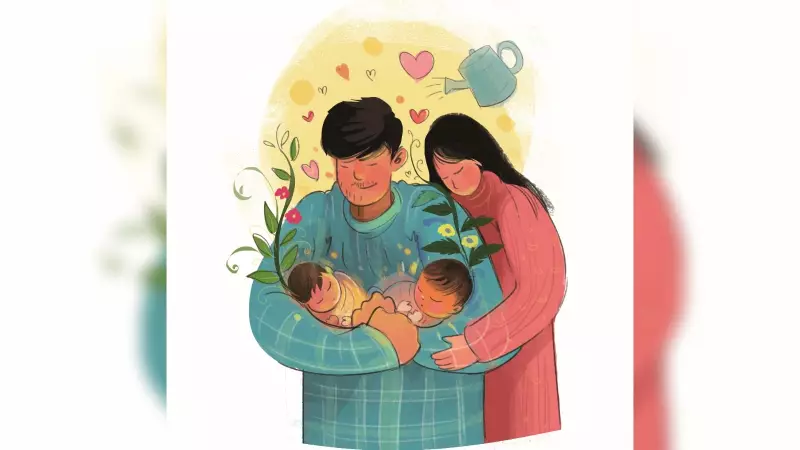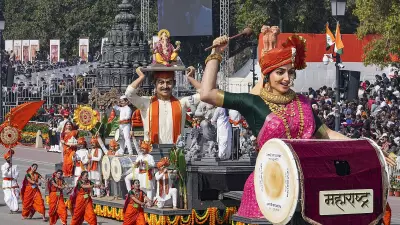
As a mother watching her twin boys navigate childhood, I've witnessed firsthand how society's blueprint for masculinity begins shaping young minds from their earliest years. The journey of raising boys in contemporary India demands we confront outdated notions of what it means to "be a man" and instead cultivate emotional depth alongside physical strength.
The Moment Everything Changed
It happened during a simple play session. One twin fell and scraped his knee, his immediate response being tears. The other, observing this, instinctively said, "Boys don't cry." That moment crystallized how deeply embedded these gender stereotypes become, even without direct teaching. They absorb them from cartoons, relatives, schoolmates, and the subtle cues we might not realize we're giving.
Redefining Strength for the Next Generation
Traditional masculinity often equates strength with stoicism and emotional suppression. But true strength lies in emotional resilience—the capacity to feel deeply, express appropriately, and recover from setbacks. Our boys deserve to know that vulnerability isn't weakness; it's human.
Practical Shifts for Progressive Parenting
- Emotional vocabulary matters: Instead of "don't cry," try "I see you're sad. Tell me about it."
- Challenge media stereotypes: Discuss how male characters are portrayed in movies and books
- Model emotional intelligence: Fathers showing vulnerability, mothers demonstrating strength
- Expand their role models: Introduce them to men in nurturing professions
The Indian Context: Tradition Meets Transformation
In a culture rich with traditions, the conversation about masculinity requires cultural sensitivity. We're not discarding our heritage but evolving it to prepare our sons for a world that values empathy as much as ambition. The modern Indian man can honor his roots while embracing emotional intelligence.
Watching my twins now, I see the fruits of this intentional approach. They comfort each other when hurt, express frustration without aggression, and understand that their worth isn't measured by how little they feel, but by how compassionately they engage with the world. This isn't about raising "softer" boys—it's about raising whole human beings.





